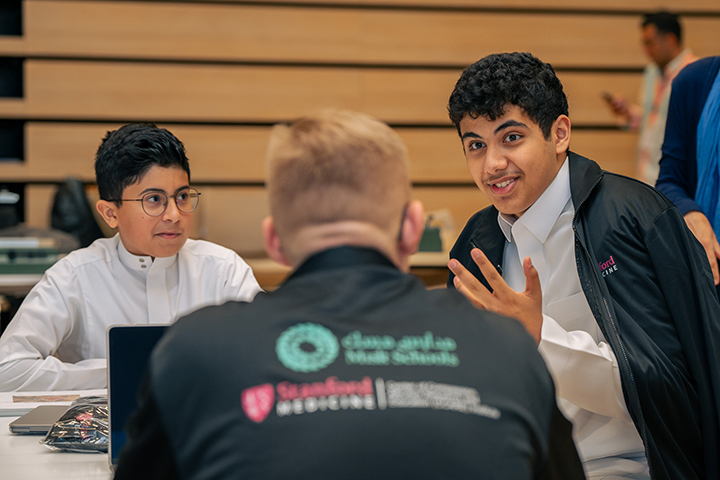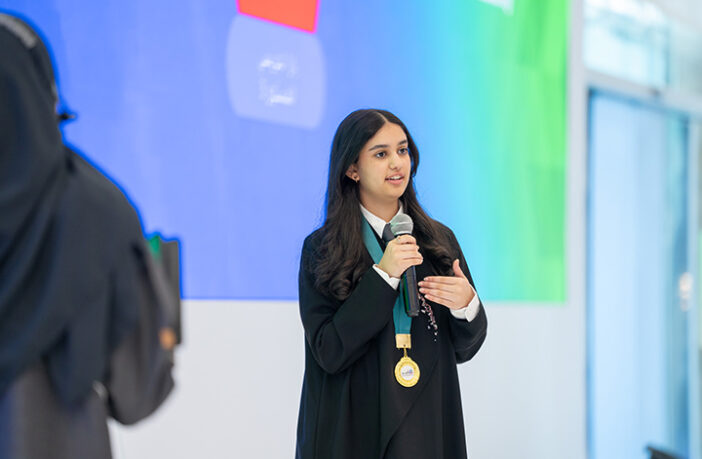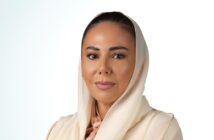DR. STEFFEN SOMMER, DIRECTOR GENERAL, MISK SCHOOLS
One of the most inspiring aspects of life in Riyadh is witnessing the entire community unite behind the goals, ambition and promise of Vision 2030. It is a galvanising force across all sectors, not least in K-12 education, where a paradigm shift is underway, with the focus moving away from the capacity to remember, and towards the capacity to aspire.
In this new educational landscape, the end goals are about nurturing original thinkers and innovative leaders, while still recognising the importance of academic achievement for university admissions.
Competencies like problem solving, analysis, creativity and collaboration are buzz words for educators and employers alike, and much has been written on why these skills are so important.
While many in our profession agree that change is required, few schools globally have had the opportunity to meaningfully evolve their teaching and learning practices. Impediments range from regulatory restrictions to funding challenges.
At Misk Schools, we are fortunate to be an exception.
With the support of our progressive and engaged Board of Directors, we have embraced three main initiatives designed to evolve how students learn. Each of these initiatives is interconnected within and across the curriculum, culminating in the Misk Schools Diploma – the school’s graduate qualification, which is validated by Cambridge International Education, part of Cambridge University Press and Assessment.
The Misk Schools Diploma is designed to be a transformative learning experience, integrating rigorous academics with leadership development and real-world experiences including internships and a professional certification in team management. We believe that the sum of these parts is truly pioneering.
Through the diploma, students are empowered with the knowledge, skills and mindset needed to excel both locally and globally. Delivering this ground-breaking new qualification supports Vision 2030 by realising our own vision, which is to become a top school for leadership, empowering our students to serve their nation and the world.
Our three initiatives are:
1. High Performance Learning (HPL)
Alongside our globally recognised British International curriculum from Cambridge International, we are an accredited High Performance Learning School, weaving this philosophy across all aspects of school life.
HPL focuses on advanced cognitive performance – what it is, how people achieve it and how to structure education in schools so that more students achieve it.
Neuroscientific research has shown that children do not have a fixed level of ability, and that the brain is more malleable than once thought. HPL provides a style of learning that systematically removes barriers to achievement by giving children an opportunity to develop in their own time and style, encouraging a growth mindset, and helping them to believe that they have the potential to excel and achieve at the highest levels, on par with their peers worldwide.
HPL has identified two sets of competencies which we actively develop:
- How to Think – Advanced Cognitive Performance Characteristics (ACPs): These are 20 cognitive skills or abilities that students should develop to become high performers. ACPs focus on higher-order thinking skills, problem-solving abilities, and advanced cognitive processes.
- How to Behave – Values, Attitudes and Attributes (VAAs): This set of ten elements is designed to foster broader learner dispositions. These encompass personal qualities, mindsets, and behaviours that contribute to both academic achievement and long-term success in life.

2. Leadership
Leadership is multifaceted. It is at once a skill, an academic discipline and a set of behaviours. It involves the process of influencing and inspiring others to work towards a shared objective. We break it down into leadership of self, leadership of others, and leadership in fields of work and study.
It is our belief that leadership can be learned, but only through deliberate efforts alongside methodical and sustained commitment. To be effective, leadership learning must be taught as an academic subject while simultaneously being integrated into all aspects of school life.
For us, teaching and coaching leadership has become our central raison d’être, reflected in our vision, mission and school motto which is ‘Lead with Purpose’.
We have reviewed and deconstructed leadership education, rebuilding it so it integrates into our High Performance Learning (HPL) and academic frameworks for Grade 7 to 12 students – applying some aspects in the younger years as well. The result is a personalised, experiential programme designed to support students to become leaders, rather than those who just know about leadership. This includes leadership lessons and coaching, formal team management qualifications, bootcamps, internships, in-school leadership positions, national and international competitions/Olympiads, and more.
3. Critical Thinking
The 2023 Future of Jobs report from the World Economic Forum highlighted the paramount importance of analytical reasoning and critical thinking abilities in today’s workforce, ranking these competencies as the most crucial skill sets for 2024.
Critical thinking equips us to untangle complexities in our rapidly evolving world. It sharpens our ability to parse ambiguity, adapt to cultural flux, and leverage uniquely human cognitive strengths. Effective critical thinking generates fresh insights, questions established processes, and produces impactful outcomes that make a difference.
As a school for future leaders, we have invested in developing new ways to cultivate this skill and weave it into the fabric of our educational proposition.
To that end, we have been working with global strategy group GEMIC, to define what critical thinking means within each subject, develop ways to bridge disciplines and subjects so we spark connections, and infuse the entire learning environment with a spirit of rigorous enquiry.
By honing these mental tools, we believe we will arm students with the intellectual agility to thrive amid uncertainty, go on to study at the world’s leading universities and ultimately, play significant roles on the world stage as capable, humbly proud and innovative Saudi leaders.




